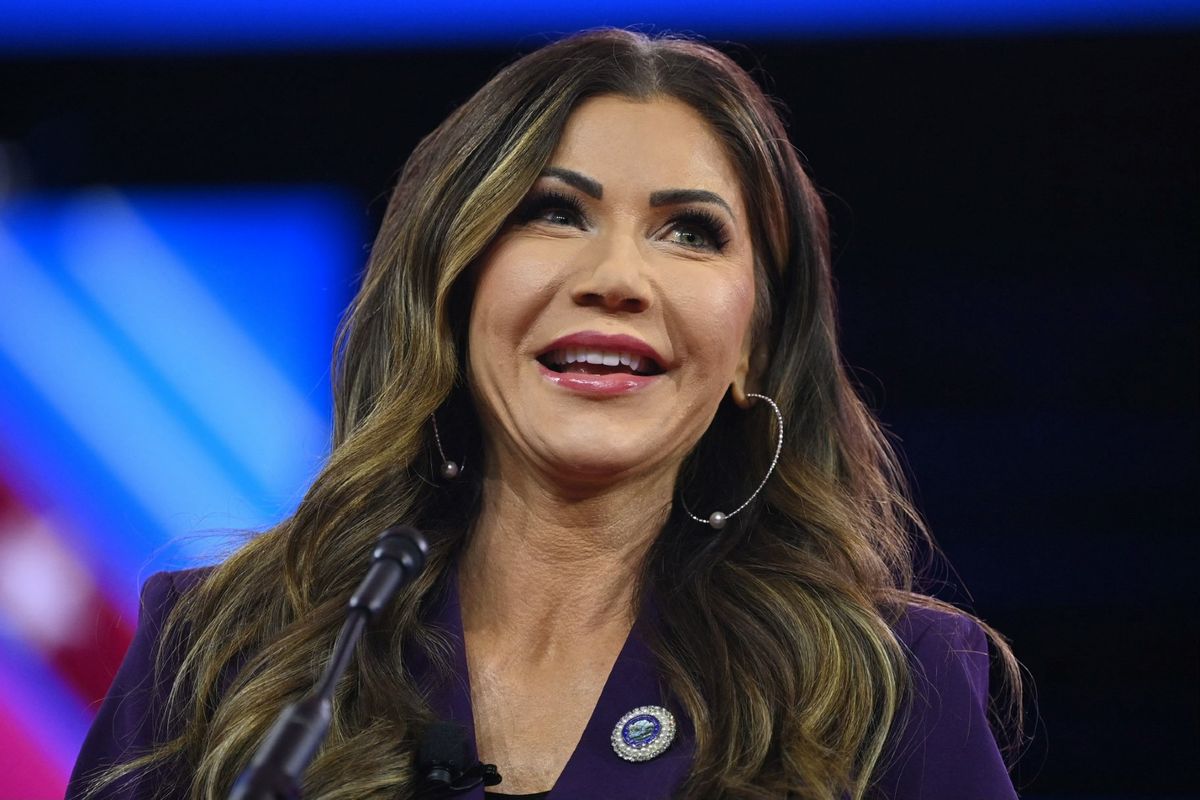[
Nursing homes will be required to have minimum levels of front-line caregivers for the first time or face financial penalties under a new requirement the Biden administration announced Monday.
The final policy, unveiled by Vice President Harris, comes despite intense lobbying from the nursing home industry and opposition from bipartisan lawmakers, who argue a federal standard is unfeasible because of a nationwide staffing shortage made worse by the COVID-19 pandemic.
The rule is aimed at addressing nursing homes that are chronically understaffed, which can lead to substandard or unsafe care, the White House said in a fact sheet. The rules establish a floor, the administration said, but a majority of the country’s roughly 15,000 nursing homes will likely need to add staff to meet the new standards.
In his 2022 State of the Union address, President Biden announced a slate of nursing home reforms and vowed staffing minimums would be among them. Advocates have been calling for such a requirement for more than two decades, arguing that residents are safer and have better care with more staff.
The final policy goes slightly further than what the administration proposed last September. All nursing homes that receive federal funding through Medicare and Medicaid will need to provide a total of at least 3.48 hours of nursing care per resident per day, including three hours from registered nurses and nursing aides.
Facilities may use any combination of nurse staff (RN, licensed practical nurse, licensed vocational nurse or nurse aides) to account for the additional time.
That means a facility with 100 residents would need two or three registered nurses and 10 or 11 nurse aides as well as two additional nurse staff per shift to meet the new standards, the administration said.
The hourly requirement falls short of what a key federal study from 2001 found; at a minimum, it said facilities should provide 4.1 hours of direct care per resident per day to ensure they’re safe from falls and other harms.
But most U.S. nursing homes don’t meet that standard, and advocates have said residents are generally sicker and need more care now than 20 years ago.
Current law only requires that nursing homes have “sufficient” staffing to meet the nursing needs of residents. The “sufficient” rule is too vague, experts and advocates have said, and facilities have not been held to a high-enough standard.
Among other provisions, the final rule will also require facilities to have a registered nurse on staff 24 hours per day, seven days per week.
The requirements of the rule will be introduced in phases, with longer timeframes for rural communities. Limited, temporary exemptions will be available for both the 24/7 registered nurse requirement and the underlying staffing standards for nursing homes in workforce shortage areas that demonstrate a good faith effort to hire.
Advocates have been calling for a minimum staffing requirement for more than two decades, arguing that residents are safer and have better care with more staff, but the industry had successfully resisted.
Then the coronavirus pandemic hit. More than 200,000 nursing home residents and staff died from the virus, exacerbating the existing concerns and forcing federal officials into action.
The nursing home industry is pushing back strongly against the staffing mandates.
Mark Parkinson, CEO of the American Health Care Association, in a statement on Monday said the fact that the administration finalized the rule was “unconscionable” given the nationwide workforce shortages.
“At the end of the day, the agency is overstepping with a one-size-fits-all enforcement approach that is deeply flawed,” Parkinson said. “This fight is not over. Momentum against the mandates continues to build among both Democrats and Republicans, and we hope to work with lawmakers on more meaningful solutions that would help boost the long term care workforce.”
The proposal divided Democrats, especially some front-line members facing a difficult reelection in 2024. Those lawmakers, mostly from rural areas, argued that the proposal was too strict and would force nursing homes to close.
Sen. Jon Tester (D-Mont.) on Monday echoed his earlier concerns that the staffing requirement will be unworkable for rural nursing homes.
“Long-term care facilities across Montana are already facing severe workforce shortage issues and rural seniors are struggling to access the care they need. While well-intentioned, I believe this federal staffing mandate could cause facilities to shut their doors and fails to address the concerns I have heard from local providers and Montanans,” Tester said.
On the flip side, other Democrats and consumer and nursing home advocates, including unions, wanted the administration to strengthen the requirements. They said the rule was a positive step, but overall doesn’t go far enough.
“The Biden Administration has made modest improvements to new minimum nurse staffing standards. While much more is needed to ensure sufficient care and resident safety, I am pleased that this represents some hope of better care for vulnerable nursing residents with complex medical needs,” said Reps Lloyd Doggett (D-Texas), who led more than 100 House members last year in a comment letter.
Updated at 5:28 p.m.
Copyright 2024 Nexstar Media Inc. All rights reserved. This material may not be published, broadcast, rewritten, or redistributed.







